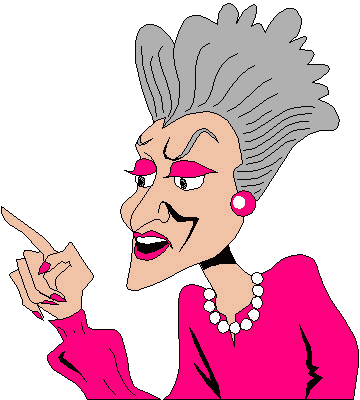The economics of long lives
Gerardo P. Sicat writes: My comments are occasioned by the passing away of my mother-in-law last Saturday, at the age of 102 years and eight months. My own mother, who passed away a few years back, had lived up to the ripe age of 96 years.
Both mothers were born in the decade of the 1910s when life expectancy at birth was likely well below 60 years. Then, antibiotics and public health standards were very low and incomes and facilities also much worse.
Long lives. Barring the occurrence of accidents, catastrophes, wars and other life-shortening natural events , the economic and social milieus in which we live, in addition to one’s genes, have much to do on how long one eventually lives.
The improvement of incomes (through economic development and growth) help to lengthen lives, for this affords the individual better nutrition, infrastructure (social, physical and economic), and improved leisure and comfort.
At the other end, developments in the medical sciences and the advancement of public sanitation have life-extending influences on everyone.
The economics of life. Economists have advanced the proposition that in general, people balance the incomes they earn against their total expenditures in their lifetime. However, during specific stages of their lives, the patterns of income and expenditure differ.
In the last stage of life, that income earning capacity declines and eventually stops. As one lives beyond those productive years, the net earnings beyond the expenses of the past (which are savings) represent the sustenance that tide us over to the end of life.
Development and the improvement of social networks. The network of support for old age in traditional societies is often the family or the clan. As productive life ends and infirmities develop, the family becomes the principal support for their old folks.
With economic development, society through government, finds ways of extending social support networks to supplement the role of the family.
The most important feature of such social support networks are social security and universal medical insurance. Social security is paid for by taxation of individuals, otherwise, it becomes unsustainable for a society to bear.
Universal medical insurance is often undertaken through the insurance principle of actuarial equivalence. In this setup, the premiums collected are calculated to match the benefits received.
Government-sponsored social support networks affect the life cycle income. They help to augment the capacity to generate savings for the individual. For instance, social security contributions can raise the saving process. As a result, they enlarge the stream of pension incomes in the post-retirement stage.
In the Philippines,the social security fund thus generated can only provide a stream low pension payments.
The average pensioner in the Philippines receives less pension incomes compared to the “miracle” economies in East Asia. Her husband was hardworking, competent and brilliant. He would become the chief magistrate of the land. He had also taught law for years to supplement his government pay. After the husband died, she continued to receive his social security pension.
Two decades later, as if by an act of God, legislation granting pensions for survivors of members of the judiciary. For my mother-in-law, this changed the situation very much. The cost of senior sustenance was more than adequately covered. However, when her final illnesses worsened and her medical condition became serious, that pension and previous savings from it were easily and totally consumed.
My mother’s case was uniquely different from my mother-in-law’s. From the beginning, she was the traditional housewife. Her life’s income was integrated with that of my father who was a small proprietorial businessman.
When my father died, my mother continued the business. But she had no no social security pension like most small businessmen. She survived on what little remained.
During the 1970s, my mother migrated to the US where she joined my sisters who had migrated right after John F. Kennedy’s immigration liberalization.
In the US, my mother was very useful although she did not secure formal employment. As an elderly person, she received some welfare benefits from the State where she lived enabling her to sustain her own upkeep in old age even as she lived with her children.

